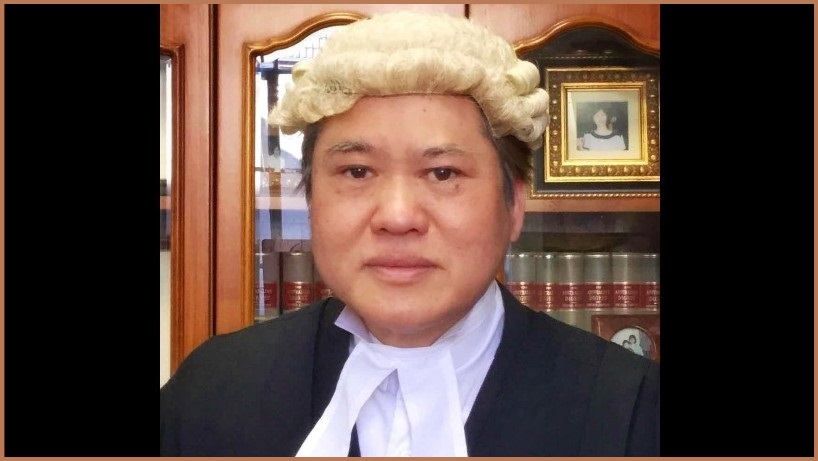An Adelaide-based lawyer has won a $750,000 defamation pay-out against a woman who posted three negative Google reviews of his business, despite never being a client.
Adelaide barrister Gordon Cheng issued a concerns notice to Isabel Lok in March last year over a one-star review of his legal business posted on Google in October 2018.
The review, posted in English and Chinese, outlined a supposed bad experience with the law firm.
After receiving the defamation threat, Lok then changed the name on the review several times before settling on “Peter”, her father’s name.
Cheng complained to Google and the review was removed in April last year.
The Adelaide Supreme Court heard that Lok then posted two more similar reviews of the law firm under different names, one refuting Cheng’s claim that she had never been a client of his.
“Your database is incomplete. I did consult with you,” the review claimed.
Cheng claimed to have lost about 80 per cent of his clients, predominantly from Adelaide’s Chinese community, as a result of the bad review.
The court heard that his estimated total loss of income to be more than $630,000 from November 2018 to January 2020, and the damage to Cheng’s business to be nearly $300,000.
Evidence from Google showed that the negative review had been viewed 800 times per month while it was online. All of the other reviews of Cheng’s business gave it five stars.
The court also heard that Cheng had never represented Lok or even met her.
Judge Katrina Bochner awarded $550,000 for lost income and goodwill, $100,000 for harm suffered and $100,000 for aggravated damages, with Lok never apologising or offering compensation.
She will also have to pay Cheng’s legal fees.
“The only conclusion that can be drawn is that her intention was to destroy [Mr Cheng]’s livelihood and cause him distress, anxiety and financial hardship,” Judge Bochner said.
“He has never met [Ms Lok] or acted for her.
“As a result, there can be no question that [Ms Lok] was not acting in good faith.”
The court heard that Cheng has experienced “significant distress” as a result of the negative review.
“He suffers anxiety every time he turns on his computer to check if there are any new posts from the defendant,” Judge Bochner said.
“The financial losses caused by the publication have caused him significant distress, anxiety and financial hardship.
“In April 2019, [Mr Cheng] was diagnosed with depression and started taking anti-depressant medication.”
Cheng said the result was a “very fair judgement”.
“I serve the community, I do lots of pro bono work and as far as I’m concerned, I don’t know why I deserve this,” Cheng said.
“Legislation should be changed to stop such things happening in the future otherwise no matter how hard you work it can easily be destroyed by social media in a couple of months or a couple of days.”
While Google itself wasn't in the crosshairs this time, in 2018 it was ruled that a Melbourne man was allowed to sue the tech giant for defamation over how its search engine presented images of him.
The man claimed that the display of images could incorrectly show him to be “somehow associated with the Melbourne criminal underworld”.
The man was planning to head to the Victorian courts to sue Google for defamation over the matter, despite the tech company labelling his concerns “irrational”.










